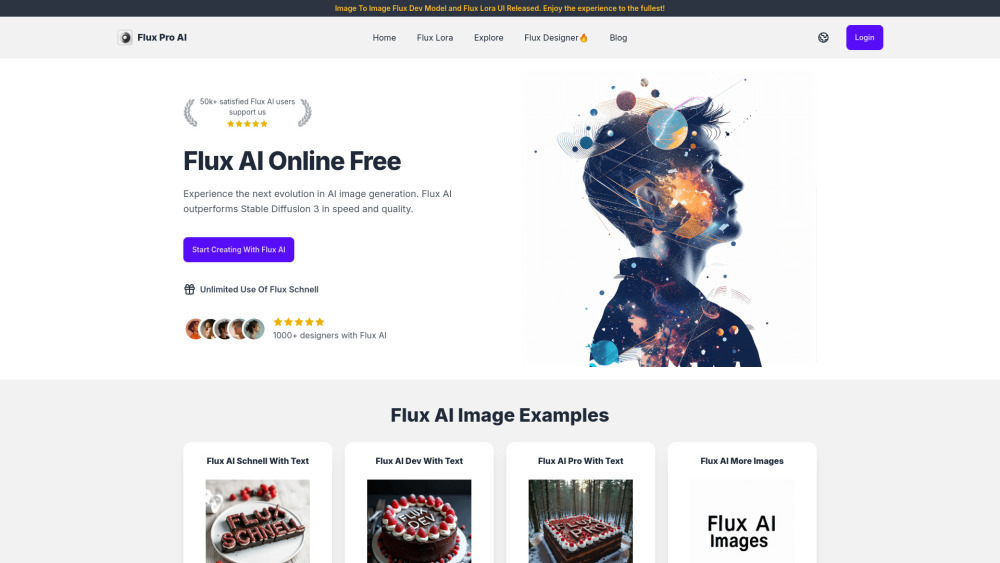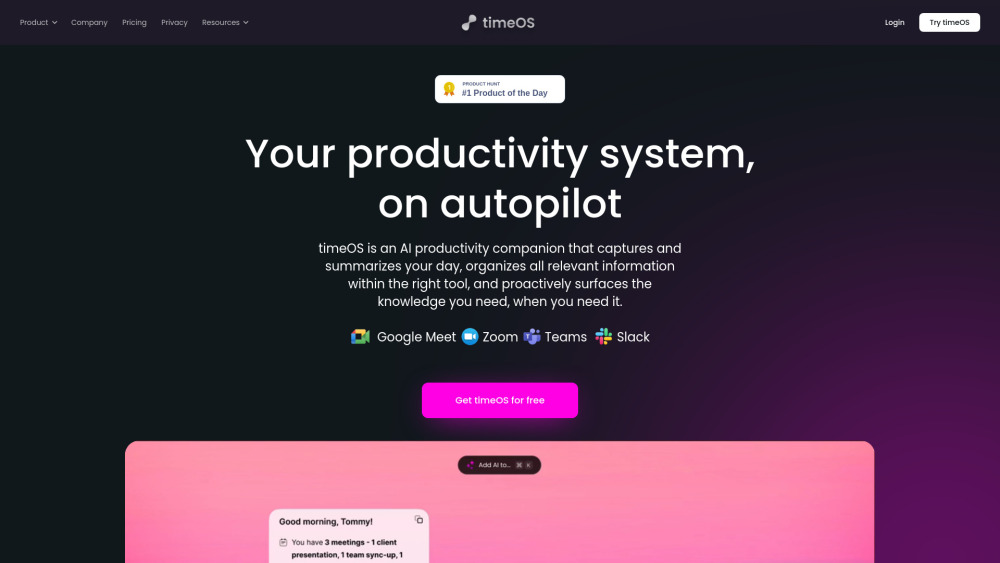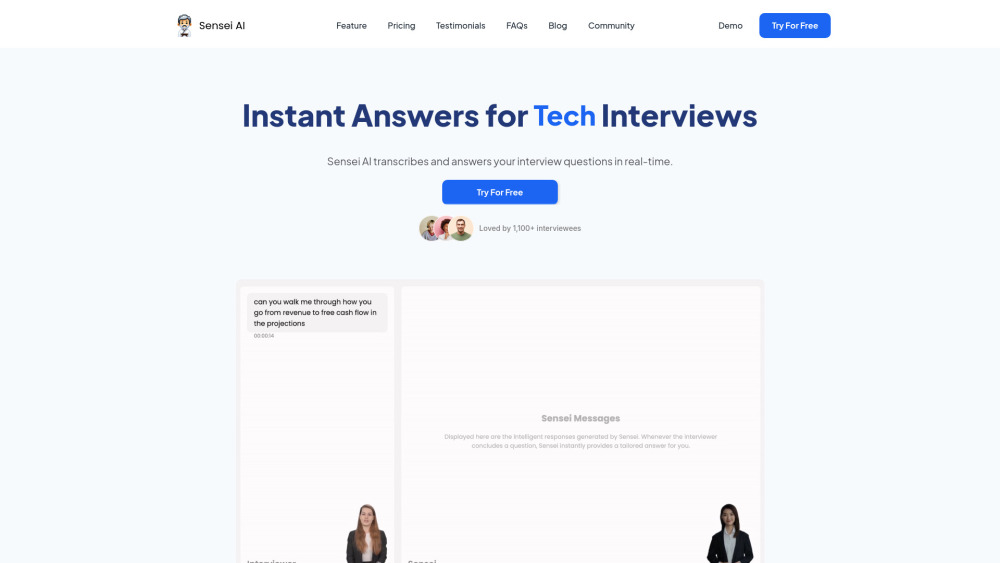"Accelerate AI Workloads with Google Custom TPUs: Highlights from Google I/O 2024"
Most people like

Introducing an innovative AI platform designed specifically for creating stunning, high-quality images effortlessly. This advanced tool harnesses cutting-edge technology to transform ideas into visually captivating graphics, making it an essential resource for artists, marketers, and content creators alike. Elevate your visual content today with our AI-driven image generation platform!

Revolutionize your hiring process with our cutting-edge online skill assessment platform designed for comprehensive talent evaluation. Whether you're seeking to enhance your recruitment strategy or improve employee training, our platform delivers precise insights into candidate abilities and skills, ensuring you find the right fit for your organization. Explore how our innovative solutions can transform your approach to talent management today!

Introducing an AI-Powered New Tab Page for Streamlined Meeting Preparation
Elevate your productivity with our innovative AI-driven New Tab page, designed specifically to enhance your meeting preparation experience. With intelligent features and a user-friendly interface, this tool helps you organize information, schedule discussions, and access essential resources effortlessly. Say goodbye to disorganized notes and inefficient planning—transform your workflow and make every meeting count!

In today's competitive job market, standing out in interviews is crucial for landing your dream position. Enter the AI-Powered Interview Copilot—a revolutionary tool designed to enhance your interview skills and boost your confidence. With personalized coaching, real-time feedback, and tailored practice questions, this innovative solution helps job seekers perform at their best. Discover how this technology can transform your interview preparation and pave the way for career success.
Find AI tools in YBX

